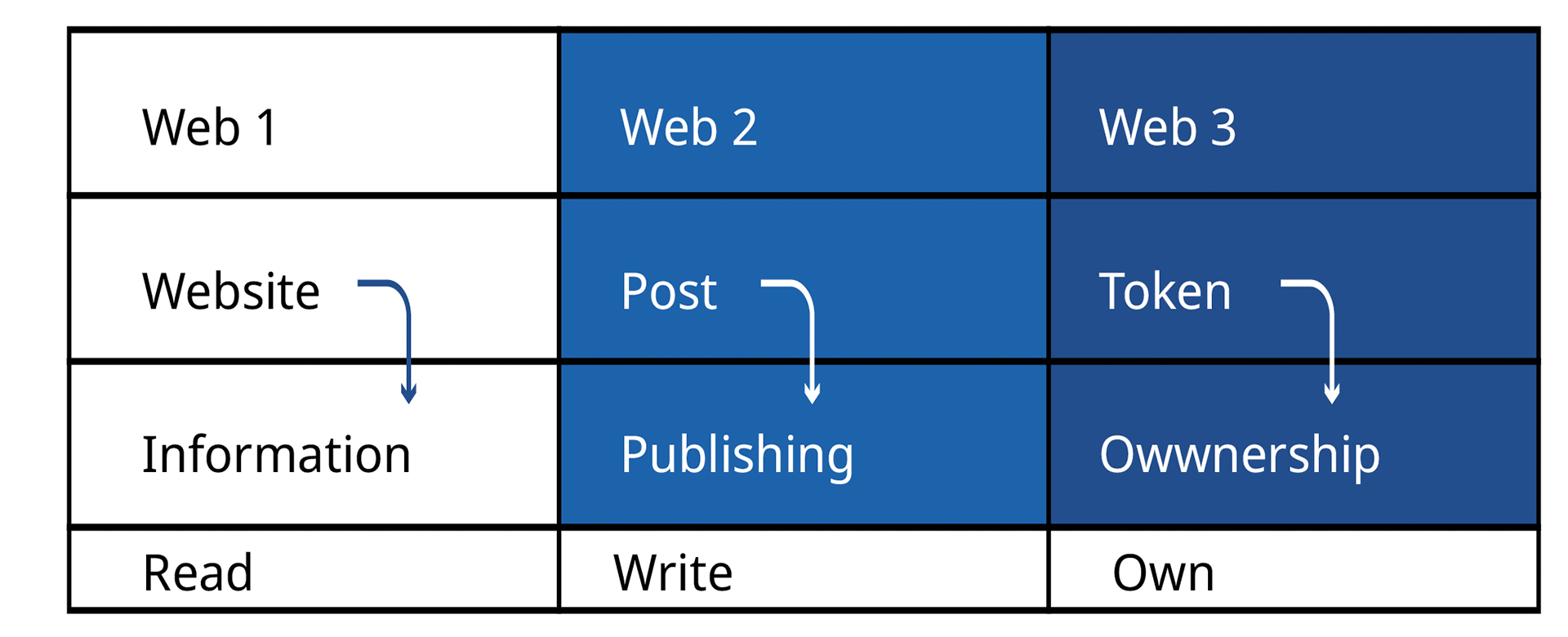Ever felt frustrated with traditional banking? Wondered if there's a better way to handle money that doesn't involve endless paperwork, hidden fees, and middlemen taking a cut of everything? Welcome to the world of decentralized money in Web 3 – a financial revolution that's changing how we think about cash, transactions, and financial freedom.
What Exactly is Decentralization?
Let's start with the basics. Imagine a world where your money isn't controlled by a single bank or government. No more waiting days for international transfers, no more being at the mercy of centralized institutions that can freeze your account or charge crazy fees. That's decentralization in a nutshell.
In the traditional financial world, everything goes through a central authority:
-Want to send money internationally? A bank handles it.
-Need a loan? A bank decides if you're worthy.
-Want to invest? Financial institutions call the shots.
Decentralization flips this script completely. It's like taking financial power and spreading it out among a network of computers, making the system more transparent, accessible, and fair.
The Web 3 Money Revolution
Web 3 isn't just a buzzword – it's a whole new approach to how we interact with the internet and, more importantly, with money. Think of it like this:

-Web 1 was about reading information online
-Web 2 was about interacting and creating content
-Web 3 is about ownership and decentralized control
In the world of Web 3, money becomes something entirely different. It's not just a piece of paper or a number in a bank account – it's a dynamic, programmable asset that you truly control.
How Decentralized Money Actually Works
Okay, let's break down the magic behind decentralized money:
1. Blockchain: The Backbone of Decentralization
Blockchain is like a digital ledger that's stored across thousands of computers worldwide. Imagine a giant spreadsheet that:
-Can't be edited by a single person
-Is visible to everyone
-Updates in real-time
-Is protected by super-complex cryptography
Every transaction is recorded permanently and transparently. No more hidden transactions or mysterious bank fees.
2. Cryptocurrencies: Money Reimagined
Cryptocurrencies like Bitcoin and Ethereum are the poster children of decentralized money. They're digital currencies that:
-Aren't controlled by any government
-Can be sent instantly worldwide
-Have a transparent transaction history
-Aren't subject to traditional banking restrictions
3. Smart Contracts: Automatic Financial Agreements
Smart contracts are like magical digital agreements that execute automatically when certain conditions are met. Imagine:
-Rent automatically paid when a certain date hits
-Insurance claims processed instantly
-Loans that manage themselves without human intervention
Real-World Benefits of Decentralized Money
Let's talk about why this matters to YOU:
Financial Inclusion
Billions of people worldwide can't access traditional banking. Decentralized money means:
-No need for a credit score
-No minimum balance requirements
-Access to financial tools from anywhere with internet
Lower Transaction Costs
Traditional international transfers can cost a fortune. Decentralized transactions?
-Often pennies instead of dollars
-Instant transfers
-No intermediary fees
Enhanced Privacy
Traditional banking tracks everything. Decentralized money offers:
-More privacy
-Control over your financial data
-Reduced risk of identity theft
Global Accessibility
Your money isn't locked to one country or banking system. You can:
-Send money anywhere instantly
-Invest in global markets
-Escape local economic instabilities
Challenges and Considerations
It's not all sunshine and rainbows. Decentralized money comes with challenges:
-Price volatility
-Complex technology
-Regulatory uncertainties
-Learning curve for new users
Getting Started with Decentralized Money
Ready to dip your toes in? Here are some beginner-friendly steps:
-Research cryptocurrencies
-Create a digital wallet
-Start with small investments
-Learn about blockchain technology
-Join online communities
Recommended Platforms
-Coinbase (beginner-friendly)
-Binance
-MetaMask (for Web 3 transactions)
-Ethereum wallets
The Future of Money
Decentralized money isn't just a trend – it's a fundamental shift in how we think about financial systems. It's about:
-Democratizing finance
-Giving power back to individuals
-Creating more transparent, fair financial ecosystems
A Word of Caution
While exciting, decentralized money is still evolving. Always:
-Do your research
-Never invest more than you can afford to lose
-Stay informed about technological developments
-Understand the risks involved
Conclusion: A Financial Revolution
Decentralized money in Web 3 isn't just about a new technology – it's about reimagining financial systems. It's a world where:
-You have true ownership of your money
-Transactions are transparent
-Financial tools are accessible to everyone
-Innovation happens at lightning speed
